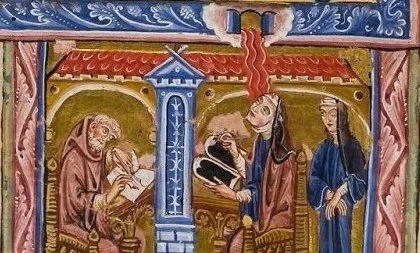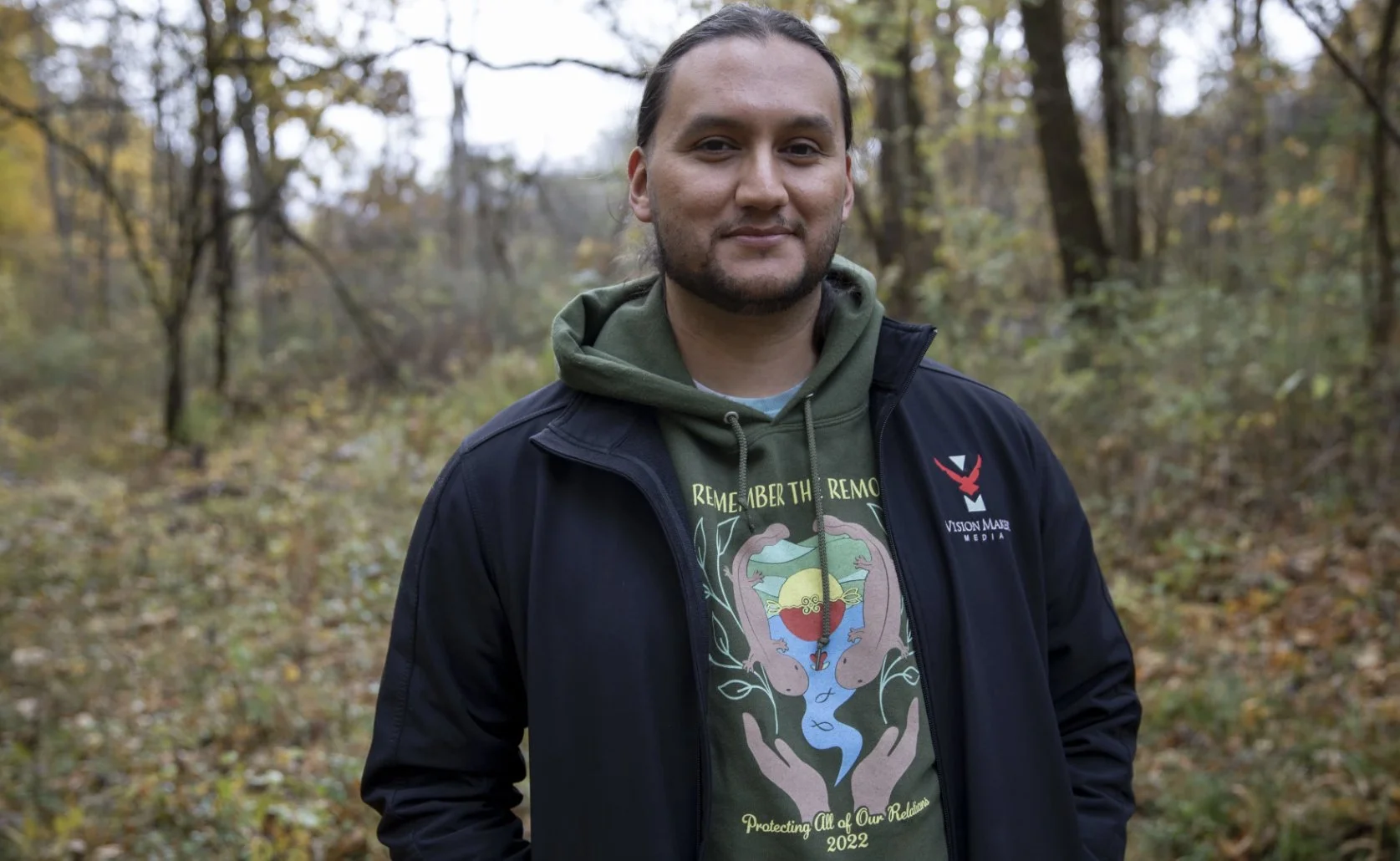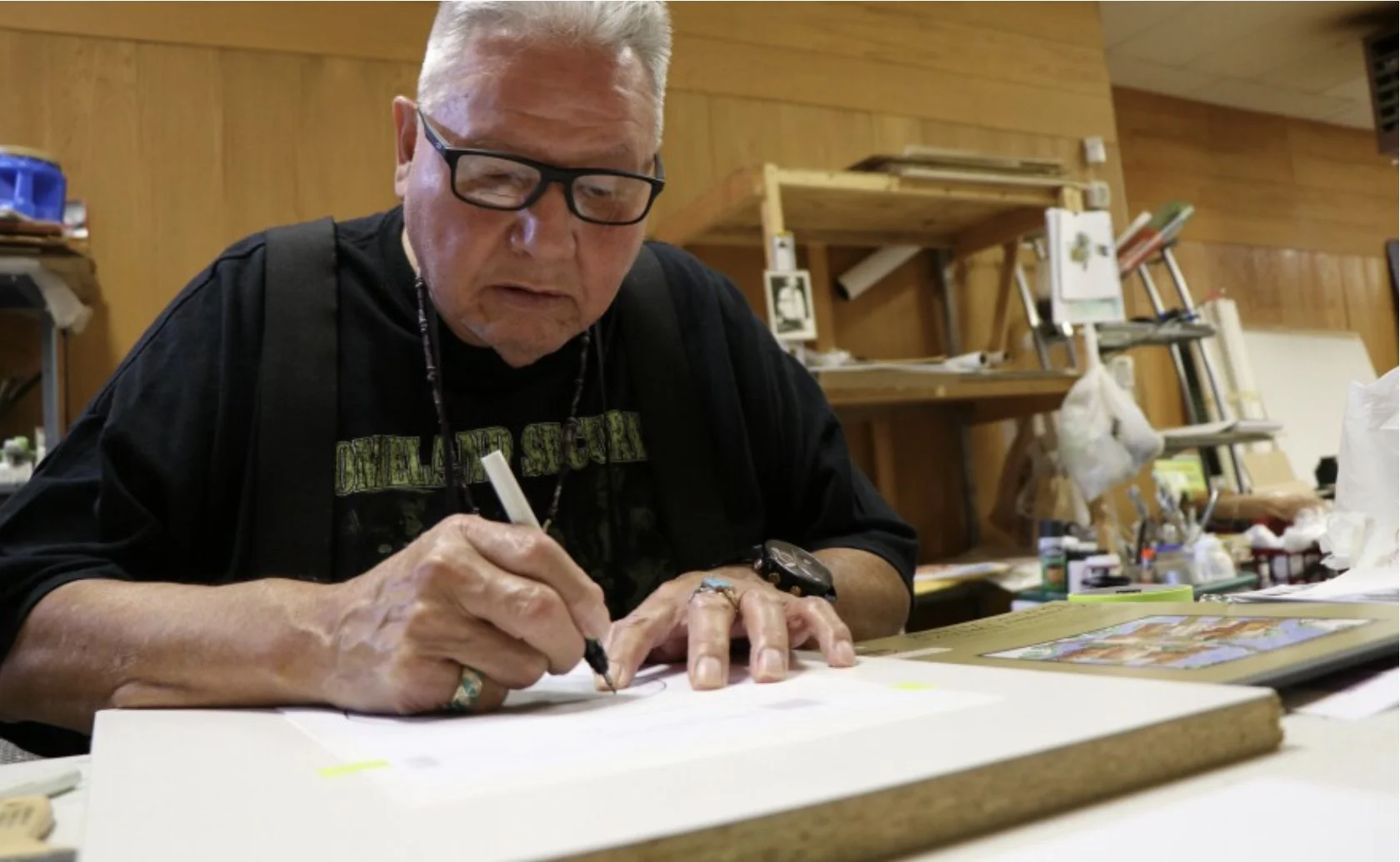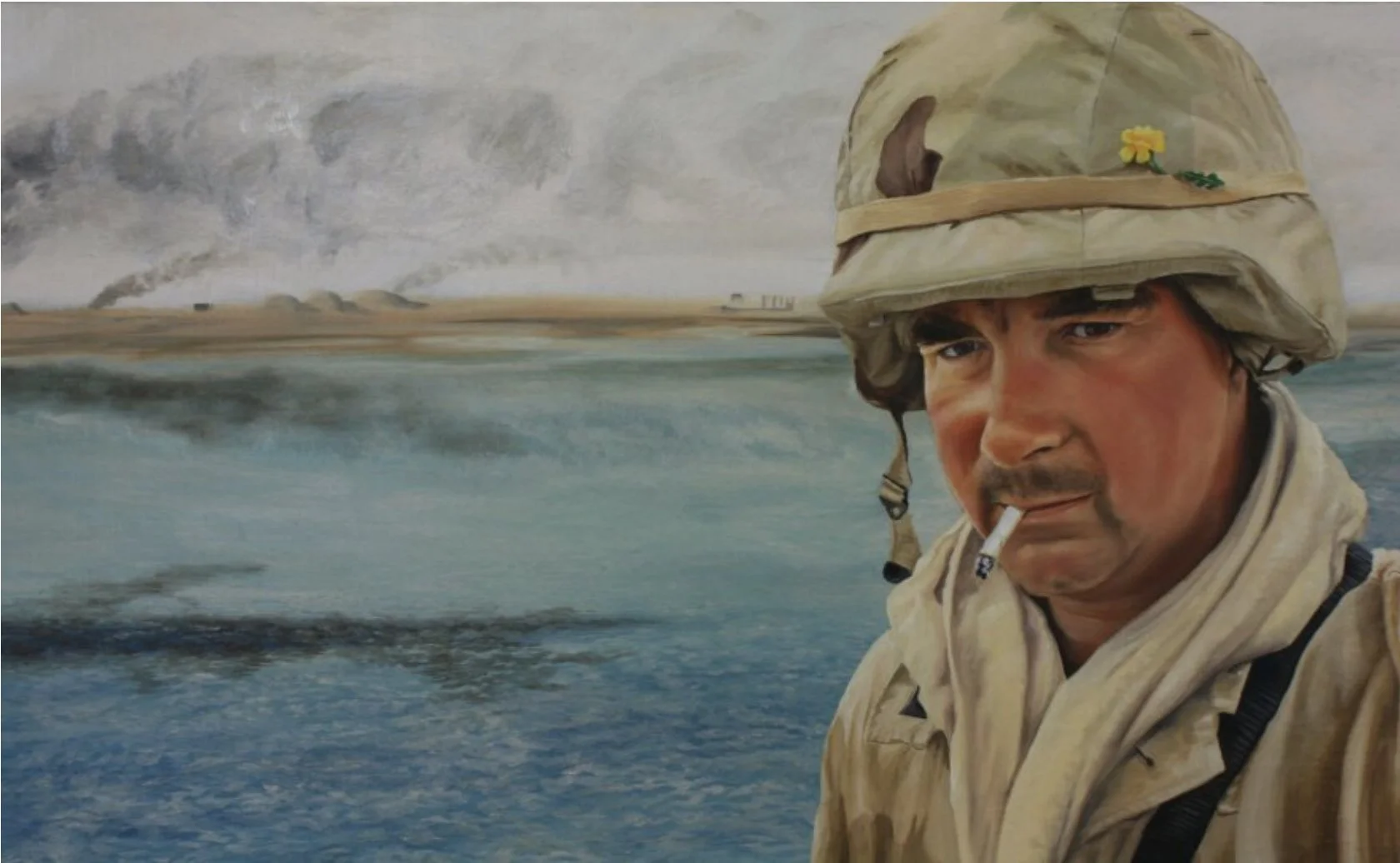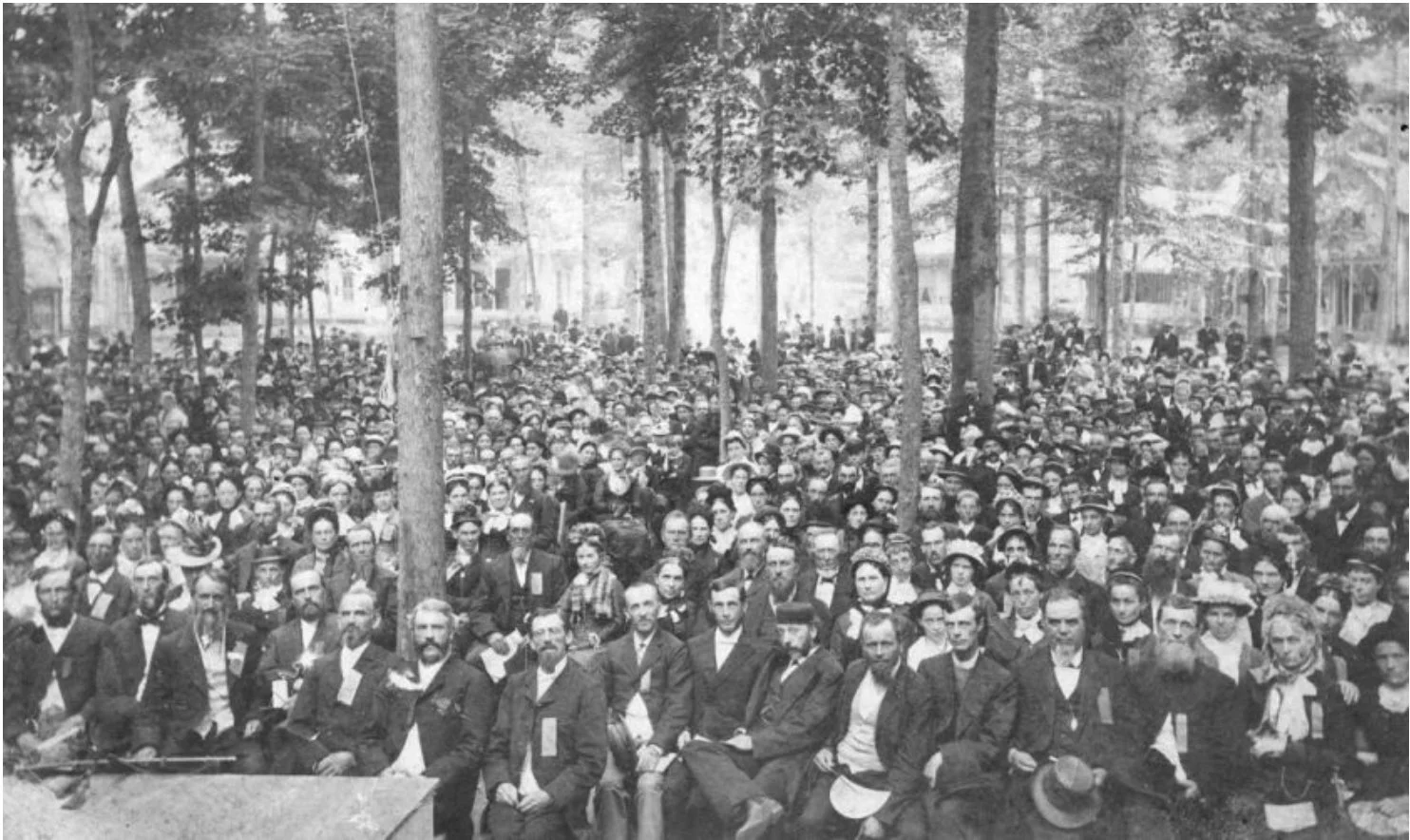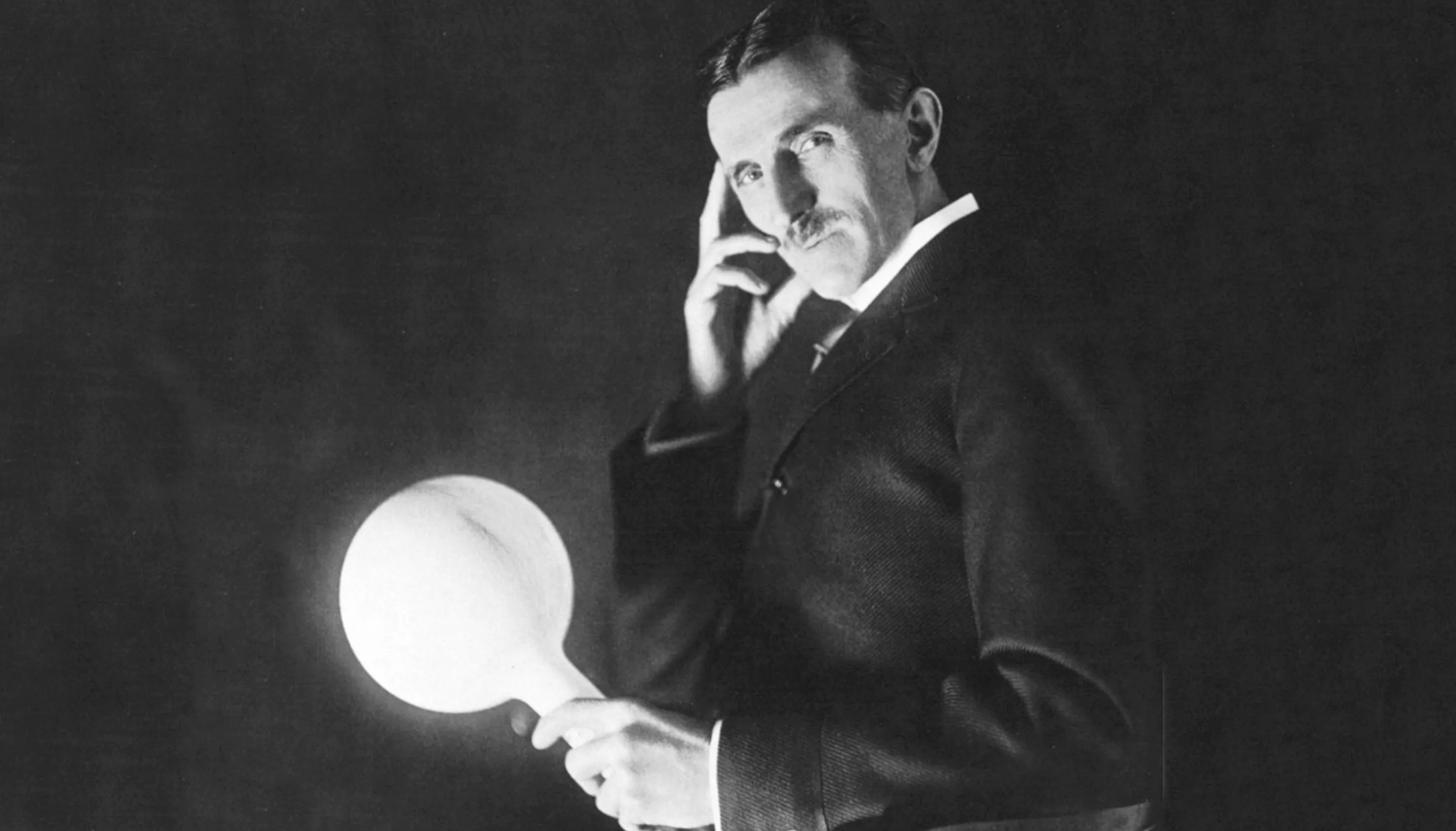Compelling voices … affecting stories.
Our mission and history
We seek compelling but seldom-heard voices to share their stories, in their own words and creative expressions.
Skipping Stone Pictures was founded in 2006 by award-winning writer and producer Scott Sackett. His work has appeared on PBS, APT, NETA, Indigenous Connections, NPR, PRI, AP Network News, Amazon Prime, and in film festivals in North America and Europe. Learn more
The Songpoet
Eric Andersen was at the vanguard of the Greenwich Village folk music scene of the 1960s and positioned to be a rising star of that movement. But he soon found himself the victim of improbable circumstances that changed his trajectory. Featuring Eric Andersen, Clive Davis, Debbie Green, John Sebastian, Sonny Ochs, Norbert Putnam, and Lenny Kaye, The Songpoet debuted in North America at the Santa Barbara International Film Festival. Produced by Toward Castle Films and Skipping Stone Pictures, The Songpoet is distributed by American Public Television and available on-demand at PBS.org.
Sacred Classics
Showcased as the “world’s greatest choral music,” Sacred Classics is the popular weekly radio program on WNED Classical that explores seminal and lesser-known sacred music from the Western canon. At the heart of each program are stories about the songs and the lives of the composers. Beginning with the 12th-century mystical and visionary poet Hildegard of Bingen, the series follows the 900-year sacred music tradition through works by John Taverner, Tomás Luis de Victoria, Alonso Lobo, Thomas Tallis, Manuel de Zumaya, Johann Sebastian Bach, Franz Joseph Haydn, Wolfgang Amadeus Mozart, Francis Poulenc, Morten Lauridsen, Ole Gjeilo, Dobrinka Tabakova, Jennifer Higdon, and their contemporaries. The series was founded and produced by Mark Michaud, Stratton Rawson, and Scott Sackett, the writer and host from 2019 to 2024.
The Faithkeepers
Produced by Scott Sackett for NPR station WBFO, the radio series profiles diverse cultures and communities through the lenses of religion and spirituality. Stories in the series are available on-demand at WBFO.org.
Lake of Betrayal
Lake of Betrayal explores the history of Kinzua Dam on the Allegheny River in Pennsylvania and its impact on the Seneca Nation of Indians. Completed in 1965, the dam was originally proposed to help mitigate flooding in Pittsburgh—200 miles downriver, but the 27-mile reservoir that formed behind it inundated vast tracts of the Seneca Indians’ ancestral lands, forcing their removal in breach of the Canandaigua Treaty of 1794, the United States’ oldest treaty in effect. The film follows the Seneca Nation’s fight to protect its sovereignty against the U.S. government’s Indian termination policy and overwhelming political and economic forces in the post-WWII era. Produced by Toward Castle Films and Skipping Stone Pictures and distributed by NETA. Free to stream through your college or local library on Kanopy.
Seneca Portrayals
The Seneca Nation figures prominently in Showtime’s most-watched series, Dexter: New Blood (2021), and the show’s producers sought guidance from Seneca citizens about their culture, communities, and beliefs for the revival of the popular crime drama mysteries starring Michael C. Hall. This WBFO Arts & Culture feature profiles the work of cultural consultant Caleb Abrams who says, “Accurate representation in television and film is critical because it's what so many non-native people base their understanding of native people on.” Produced by Scott Sackett for NPR station WBFO, the audio story is available on-demand at WBFO.org.
Survival Art
Native Americans have served in our nation’s armed forces in greater numbers per capita than any other ethnic group. But over the 200 years since the founding of this country, while Native Americans fought for the United States, federal policies were also aimed at Indian removal. WBFO's Arts & Culture Desk Producer Scott Sackett visits with distinguished Seneca artist and Vietnam veteran Carson Waterman who calls his works “survival art.” The audio story, produced by Scott Sackett and Paul Lamont, is available on--demand at WBFO.org.
Art + Integration
Produced by Scott Sackett and Paul Lamont for NPR station WBFO, the award-winning four-part radio series profiles the work of arts programs in Buffalo that serve military veterans, immigrant children, the African-American community, and persons with disabilities. The audio stories are available on-demand at WBFO.org.
Glorious Battle
In June of 1812, the U.S. declared “a second war of independence” on Great Britain. Battle lines would extend troops from the Great Lakes to the Eastern Seaboard and the Gulf Coast. But one of the bloodiest campaigns was fought along the Niagara River. This 30-minute war documentary was produced by Paul Lamont and co-produced by Scott Sackett for PBS/WNED.
Music from Chautauqua
“The most American thing in America” is how President Teddy Roosevelt described Chautauqua. Historian David McCullough has said it is part of the American imagination, “one of those places that help define who we are and what we believe in.” Initially organized in 1874 as a Methodist summer retreat on Chautauqua Lake in western New York, it grew into a popular program of lectures that were the TED Talks of the 19th and 20th centuries and a literary and scientific circle that is one of the oldest continuous book discussion groups in the United States today. And it is more—a place for creative exploration, educational growth, relaxation, and recreation. Music from Chautauqua is an annual series that recreates the Chautauqua experience for radio audiences with chamber music and orchestral concerts at the center of each program. Among the international soloists and ensembles featured are the Audubon Quartet, Joshua Bell, Jaime Laredo, Piffaro, the Abaca String Band, the Brazilian Guitar Quartet, and the Chautauqua Symphony Orchestra. Produced by WNED-FM for Public Radio International, 1992 to 2006, the series production team was led by Peter Goldsmith and included Tom Crann, Elaine Knecht, John Landis, Stratton Rawson, Scott Sackett, and Ed Simone. The radio programs and all production materials are housed in the Chautauqua Institution Archives.
The Electric Santa Claus
The youthful imagination of Nikola Tesla was sparked by images he had seen of Niagara Falls. In his mind’s eye appeared an enormous waterwheel turning in the cascading waters of the Niagara River. It was while attending high school in Karlovac in the Austro-Hungarian Empire that he determined he would one day go to America to capture the energy of Niagara. And he did just that, in November 1896, sending electricity to Buffalo and giving it a gift that would make it the City of Light. The Tesla coil would then make possible the world’s first radio broadcast on December 24, 1906 as well as the live NPR broadcast in December 2000 of the Buffalo Philharmonic and Chorus in Handel’s Messiah hosted by Scott Sackett and Kate Remington. This story, written and produced by Scott Sackett, aired as the intermission feature.
PBS Kids | Pocket Adventures
The Pocket Adventures series was produced by Skipping Stone Pictures, 2007 - 2008, for the Western New York Public Broadcasting Association. Segments aired on New York State's ThinkBright Lifelong Learning Network as part of educational programming for PBS Kids.
